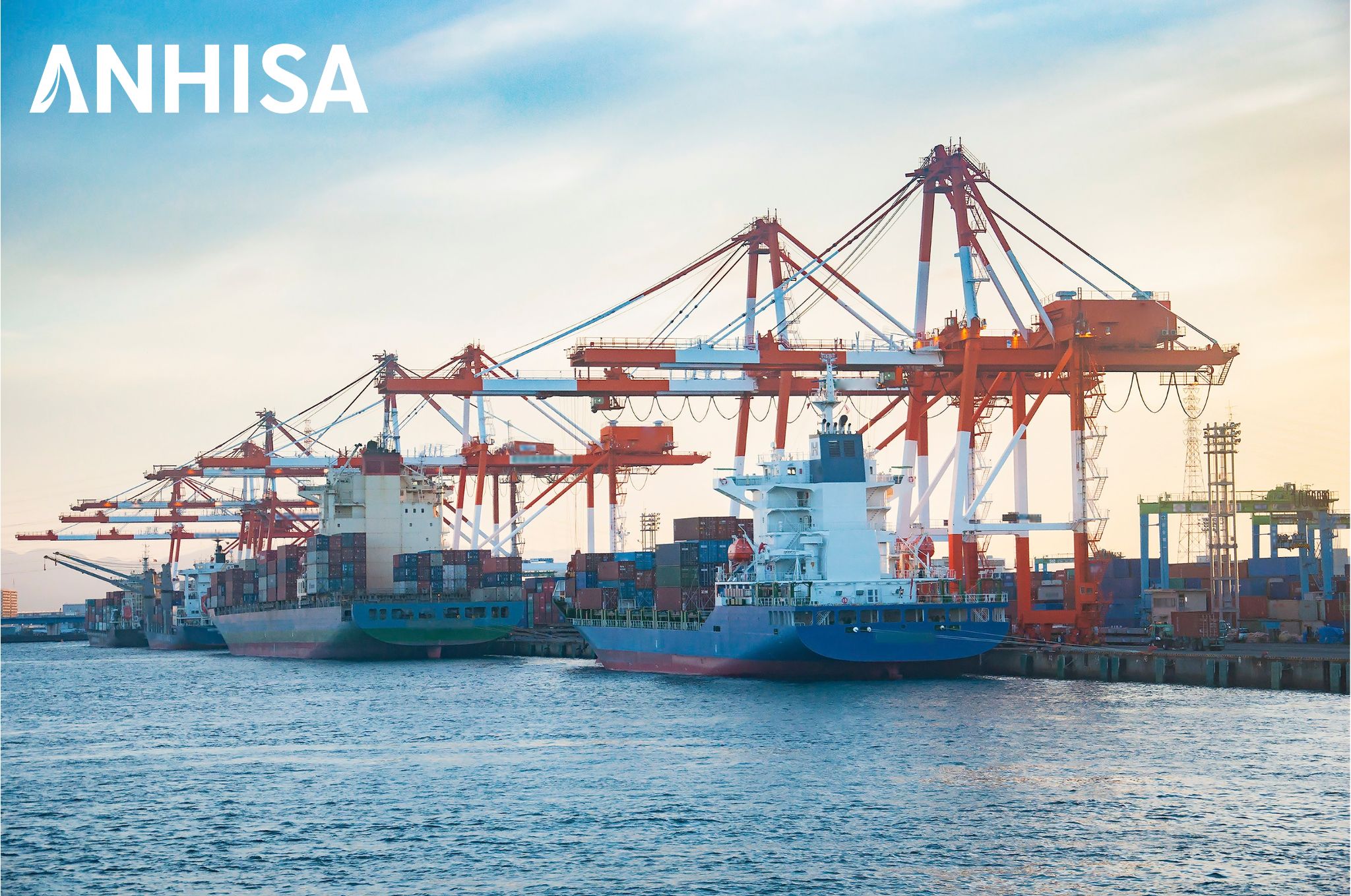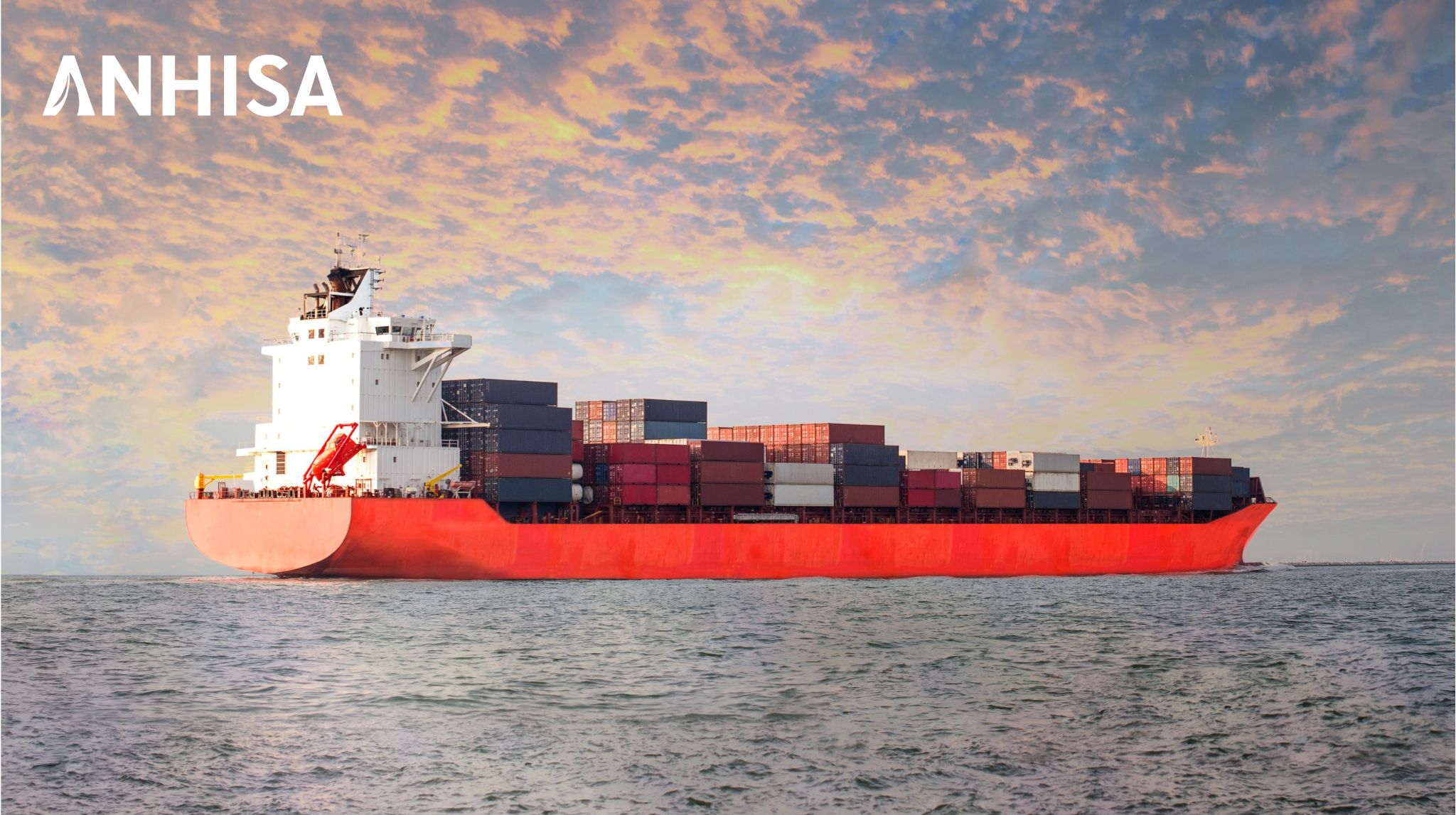DELIVERY OF CARGO WITHOUT SURRENDER OF BILL OF LADING – A POTENTIAL RISK
May 01, 2025
Facts of the case
The shipping line, based on the House Bill of Lading issued by its agent in Vietnam, has delivered the goods to the buyer while not receiving the surrendered Bill from the buyer. Therefore, the seller has brought up a claim against the shipping line’s agent, which was actually at the shipping line’s fault. Thus, the shipping line has made multiple efforts to negotiate with the seller to indemnify the seller for their loss of interest.
Not only under Vietnam Law but also under the international legal regime, the delivery of cargo without surrender of Bill of Lading is clearly wrong in its nature. Therefore, the amicable resolution is when the parties settle the claim with a settlement agreement. This case is in a dilemma since the fundamental function of a Bill of Lading was shut down since it was not surrendered, which sabotaged the evidence of contract of carriage, yet the involved parties cannot resolve the dispute in a straightforward movement.

Legal background
The Bill of Lading in sophisticated cross-border trade has long been used as a pivotal tool, as regulated both in international conventions like the Hague-Visby Rules, the COGSA 1992, or in national codes like the Vietnam Maritime Code. The rationale is famously recognized for the 03 essential functions of the document acting as (i) a snapshot of the condition of the goods/shipment, (ii) evidence of contract of carriage, and (iii) a document of title.
These functions perform correspondingly throughout the world-wide sales of goods where (i) the shipment shall be confirmed to appear conformed with the contractual requirements before (ii) the Bill of Lading is issued by the Carrier or Freight Forwarder in the form of either a straight bill which cannot be endorsed to another buyer or a negotiable bill which can be endorsed to another buyer even when the goods are still carried on the sea. Thus, it acts as a contract of carriage which is (iii) used as a checking ground with the endorsee’s bill of lading, which should the information is correct, the title to receive the goods shall be granted to such endorsee. Throughout these 03 phases of executing the 03 functions, each of them plays an equally crucial role that failure in either will became a fundamental breach of either the purchase contract between the seller and the buyer or the contract of carriage between the carrier and the parties, so the damaged party can claim or sue such party for their loss of interest.
In particular to this article and in respect of the case, the contract of carriage between the parties has been breached due to the failure in phases 2 and 3. To be specific about the 2 functions in these stages, the carrier shall issue the Bill of Lading in several original copies to keep and to send to the shipper and the original buyer as well, in case of negotiable bills. If the goods are passed on to another buyer in a later stage, the original buyer will inform the shipper and the carrier of the new buyer’s information for the amendment of the Bill of Lading while also endorsing the Bill to the new buyer. This stage can happen multiple times, and on the reverse side of these Bills will highly likely include a number of core provisions of a contract of carriage. Hence, based on the endorsement, the new buyer has established themselves with the carrier in a contractual relationship and have the duty to surrender the Bill for confirmation of identity so that the carrier can confirm that the information is correct and such buyer has the title to the delivery to receive the goods before deliver the goods to the buyer. In this case, functions 2 and 3 of the Bill have been breached by the carrier towards the seller due to the act of both the buyer and the seller.

Way-out for the carrier
Since the fault is unambiguous, removing indemnity liabilities for the agent or the shipping line is very challenging, the agent will highly likely be requested to indemnify the seller by the court, so eventually, the shipping line will also face the risk of being claimed by the agent.
Therefore, and naturally, the best solution to resolve the claim is through a private negotiation amongst the seller and the shipping line to reach a settlement agreement for the optimal outcome, where the shipping line shall indemnify the seller for their claimed loss of interest. However, the seller only agreed to meet the agent and kept dodging the offer to negotiate with the shipping line, which resulted in the filing before the court. Hence, the shipping line is now stuck in a dilemma of not being able to settle the claim with the seller due to their rejection and being reclaimed eventually by their agent.
ANHISA LLC AND OUR EXPERTISE
ANHISA LLC is a boutique law firm specializing in Dispute Resolution, Shipping and Aviation. Being the leading lawyers in various fields of law, our qualified, experienced, and supportive team of lawyers know how to best proceed with a case against or in relation to Vietnamese parties and are well equipped to provide clients with cost-effective and innovative solutions to their problems.
Regarding dispute resolution, we have represented Vietnamese and foreign clients in the resolution of disputes involving maritime, construction, commercial and civil matters. Our lawyers are well-equipped to offer services on a wide range of disputes and conflicts, whether cross-border or purely domestic, to appear before any Judges or Arbitral Tribunals. The firm is prepared to assist clients in designing the appropriate dispute resolution procedure to help resolve conflicts as efficiently and cost effectively as possible, which may involve combining elements of mediation and other methods such as arbitration.
AUTHORS
DANG VIET ANH
Managing Partner
Mobile: (+84) 983 467070
Email: [email protected]
NGUYEN THI TUYET MAI
Senior Associate
Mobile: (+84) 939 117398
Email: [email protected]
PHAN MINH PHUONG
Associate
Mobile: (+84) 969 875630
Email: [email protected]
This article aims to furnish our clients and contacts with general information on the relevant topic for reference purposes only, without creating any duty of care on the part of ANHISA. The information presented herein is not intended to serve, nor should it be considered, as a substitute for legal or other professional advice.
Related posts

VIETNAM – SHIPPING LAW PRACTICE: MARITIME ADMINISTRATION’S INVESTIGATIONS IN VESSEL COLLISIONS
August 06, 2025

SHIPWRECK: RESOLUTION FOR INVOLVED DISPUTES
July 23, 2025
- TEL:
- Hanoi Office: +84 24 320 47609
- Saigon Office: +84 28 5416 5873
- HOTLINE:
- +84 (0) 939 117 398
- +84 (0) 983 488 380



